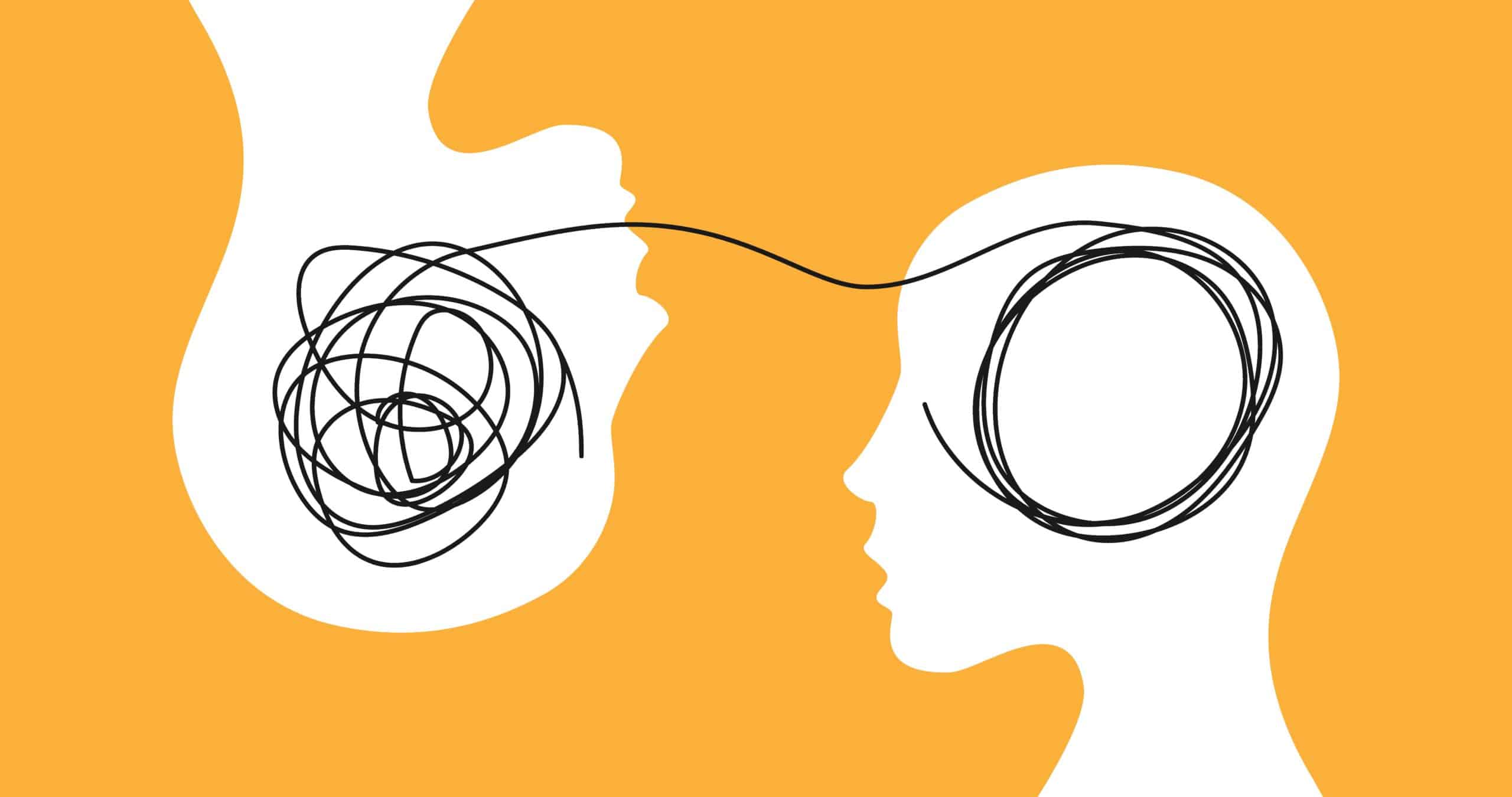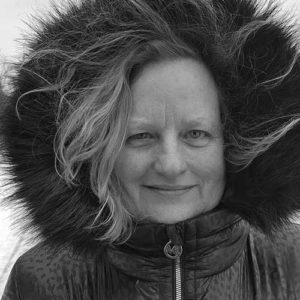
- This event has passed.
Karuna Live! Unlike Minds: Finding Common Ground in Uncommon Times
May 21, 2022 @ 10:00 am - 11:00 am MDT
Free – $10.00
Have you recently lost connections with beloved friends and family members over political differences? Are you wanting to find ways to keep listening and feeling when you’re disheartened, irritated, or judgemental? Are you wondering how the fabric of society is going to hold together in these polarizing times?
In Karuna Training, we find courage and strength through tapping the intrinsic openness, wisdom, and compassion that we were all born with. In this one-hour Karuna Live introductory program, we will discuss how to access our inherent and unconditioned awake nature, and how to extend compassion to ourselves and others in our everyday lives. The program is open to everyone and will include guided meditation and an experience of the Karuna teachings. It will also include a discussion of upcoming Karuna Training offerings.
Substantial research shows that once we can feel someone else and share our experiences, it becomes increasingly difficult to hate.
Polarization – the division of opinions, judgments, and beliefs, right or wrong, hate or love, good or bad --- divides us against reality, our communities, and ourselves. You could say the world’s ills come from this human tendency. These days it feels like we’re on a runaway train with worldwide madness, hatred, and violence that we can’t stop. How might we find sanity and get back on track? How might we find common ground and healing in such a fraught time?
We all tend to separate things into categories of “us” vs. “them.” When we position ourselves around these poles, we see painful splits arising in ourselves, families, communities, and nations. Big and little wars come from this. From the view of Contemplative Psychology, this tendency to split comes from the fact that we are never quite satisfied with our circumstances, no matter what they are; there is a perpetual dis-ease, and we’re looking to discharge this feeling one way or another. For some of us, it’s through rage and anger; for others, it’s through addiction and craving; for others, it’s through ignoring and going into a bubble.
The good news is that we can start to recognize and work with these tendencies. When I first started meditating years ago, I was shocked to discover how many harsh attitudes I had toward others and myself. I tended to be proud of myself for not yelling or acting out my feelings, but there was sure a war inside me. Time on the meditation cushion and becoming more familiar with my mind’s ups and downs allowed me to be more honest with myself and see how I was constantly criticizing and judging others based on past experiences. I wasn’t seeing them -- I was visiting my own life story projected like a film over my eyes in the present moment.
All of us can start to see and feel how we are dividing ourselves, and once we notice this tendency, we can begin to know that we are all subject to projections. We can become curious about where others are coming from, the pain they are holding, and their points of view.
Given the polarization crises we live in now, several organizations bring people together to find different ways of building bridges across these painful divides of polarization. For example, I’ve been working with Braver Angels, where you can train in small groups, attend Red/Blue workshops, and be paired with someone from the “other’ political pole. The first part of the training describes how you fear others see you and articulates what you project onto others from the other side. After that, there are several methods for dismantling the caricatures we make of “them” and “us.”
Another initiative is One Small Step, offered through StoryCorps. It pairs red and blue individuals for a videotaped 50-minute conversation. Each writes a personal bio in advance, and the first thing they do when meeting each other is read the other person’s biography. These self-written biographies serve to soften people up.
Take One Small Step with StoryCorps – StoryCorps
Substantial research shows that once we can feel someone else and share our experiences, it becomes increasingly difficult to hate.
We do a practice in Karuna Training called Compassionate Exchange, a person-to-person form rooted in attuning to someone else’s experience through awareness, listening, and opening to feelings. Students train in recognizing their tendencies and judgments and in coming back to present listening. They learn to attune to the oscillation of me and you, not one, not two, repeatedly. Students do a practicum in this work, and over the past 27 years of Karuna Training programs, many have reported it to be life-changing in how it affects all of their relationships. Compassionate Exchange practice dovetails very nicely with the red/blue polarization-focused work described above.
If we commit to recognizing our own tendency to polarize - and open our hearts, we can start to see and feel our shared humanity, pains, and fears, and then we can begin to crack the walls we put up between us.
Pema Chodron describes the practice of “Just Like Me,” -- like you, that person you hate on the opposing news media outlet doesn’t want to suffer, or feel anxious or hatred. They are not a dehumanized zombie. Like you, they want to be seen and heard for who they are and have friends and caring relationships - just like you.
Though these are not optimistic times, I feel encouraged by the many brave people who are actively doing this de-polarizing work -- the work of reclaiming our capacities for holding differences and of finding common ground in uncommon times. I gather strength from this.
I hope you’ll join me for a Karuna Live! on this topic on Saturday, May 21st, from 10 – 11 AM Mountain Time.

Sandra Ladley, MA, is a core Karuna Training faculty member. She partnered with Melissa Moore to bring Karuna Training to North America. Sandra received her MA in Contemplative Psychology from Naropa University. She is a long-time Buddhist practitioner and teacher, an interdisciplinary artist and activist, and a life-long student. Sandra teaches Buddhist, Contemplative Psychology, and Creative Arts programs internationally. She draws on a breadth of experience as a teacher, counselor, and manager in business, mental health, and creative arts settings to bring vibrancy and engagement to her teaching.